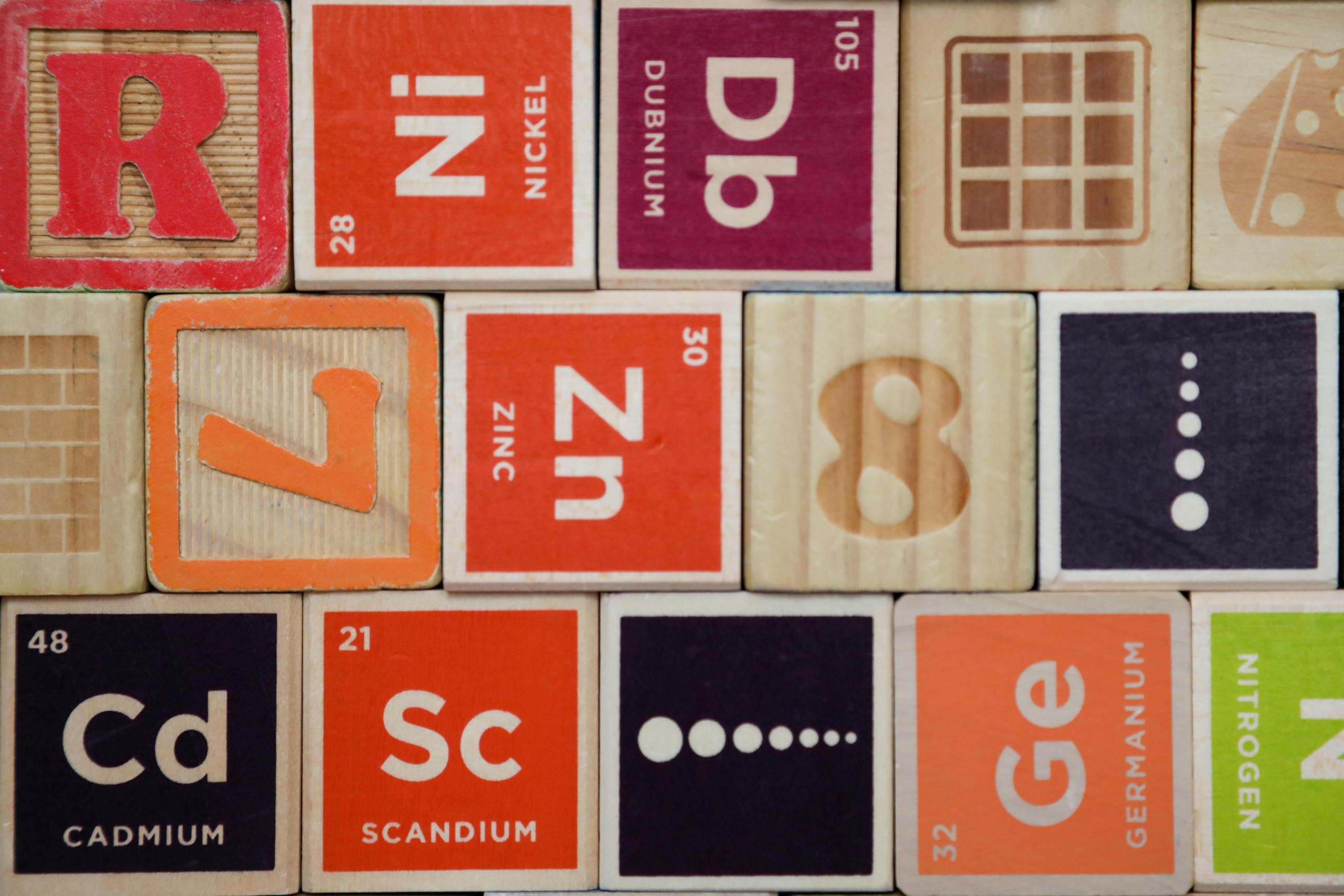Kids, Chemistry Can be Cool! Is your child among the science lovers? Does your child look forward to their Natural Science and Technology period at school? Is your high school teenager willing to choose science as a grade 10 subject? The chances are probably not. In the lower grades, science content seems rather too tedious[…]
31 October 2020∙7 minutes reading time
An Introduction to Chemistry Chemistry is all around us, all the time. Whether it’s natural or artificial, our days are filled with chemistry formulas in action. Everyday things like switching on a light bulb, refuelling a car, or even frying an egg are all in fact, chemistry questions just waiting to be answered! It is[…]
8 September 2020∙6 minutes reading time
What Resources to Call On for Chemistry Revision T’is that time of year again, when students start buckling down and really focusing on their upcoming exams... even though they will sit them months from now. As you well know, these exams, whether A-Levels or GCSEs, are life-changing. At the very least, they represent your chance[…]
12 November 2018∙7 minutes reading time
One of the primary academic disciplines for secondary school students in South Africa is the branch of science that deals with the properties, composition, and structures of elements and compounds. The periodic table of elements is memorised by students, and they conduct experiments to see how elements change and how energy is absorbed or released when these elements are modified.
Chemistry is a worthwhile scientific discipline that everyone should know more about.
What are the Different Types of Chemistry?
Similar to other academic disciplines, chemistry has many different subgenres or topics that are studied in extensive detail. For instance, according to many experts, there are 5 primary types of chemistry. Such as? In no particular order, the five major sections of chemistry are organic chemistry, biochemistry, inorganic chemistry, analytical chemistry, and physical chemistry. High school students learn about all of these topics of chemistry at a glance. However, if they want to specialise in their knowledge, university courses are required.
Matric Chemistry Curriculum
Before graduating high school, students must complete the Senior Certificate examinations and get above-average grades in specific subjects. Grade 12 Chemistry isn’t a compulsory subject. However, it’s worth stating that learners who want to embark on a career in medicine, should pursue Chemistry in matric.
So, how exactly is this course structured? The topics of matric Chemistry include mechanisms of reactions and of catalysis, chemical equilibrium and factors affecting equilibrium, acid-base reactions, and the processes and redox reactions that take place in cells. Each of these topics and numerous others will be explored during Grade 12 chemistry lessons.
You can consult the Department of Basic Education’s websites for full details of the curriculum, along with past papers.
Is Learning Chemistry Difficult?
In Grades 11 and 12, there are some topics that are more complex and difficult to grasp than others. For instance, chemistry is one of them. But why is chemistry so hard for high school learners and even adults to grasp? Firstly, chemistry is a vast subject that covers so many areas, and this causes students to become overwhelmed right from the start, thinking that they have to remember and know everything about the topic.
Secondly, chemistry uses quite a lot of maths. Therefore, if you haven’t mastered mathematics skills and built a solid foundation, you’ll struggle to learn chemistry effectively.
Thirdly, chemistry has its own language. So, if you haven’t taken the time to learn the 118 elements of the periodic table, the specific words, and the writing system of chemical equations, it will be difficult to get a real understanding of Chemistry.
Tips to Learn Chemistry
Though you might be inclined to lament how difficult chemistry is, it’s worth pointing out that there are solutions to make studying chemistry more effective.
Such as proven tips and suggestions from past learners and educators. Firstly, to master chemistry at high school level, you need to spend a lot of time reviewing information before and after class. By effectively reviewing, you’ll recall important concepts more rapidly. Secondly, it’s highly recommended to take full advantage of lab time to experiment with different elements and compounds. This gives students first-hand experience of how elements change. Thirdly, it’s a fantastic idea to switch your studying methods by joining a study group, using flashcards, and taking advantage of online resources such as MOOCs and YouTube videos.
In conclusion, chemistry is as much fun as you make it. If you want to enjoy yourself when learning about elements and how they change it’s your choice, but you’ll be better off for it!




